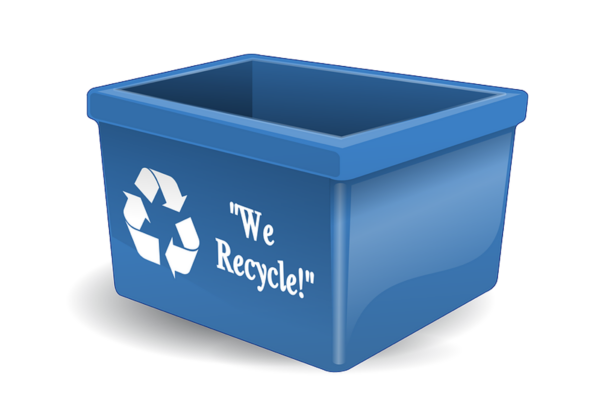The internet machine coughed up a letter to the editor of the Bangor daily news. The law would update how the state pretends recycling is good for Maine or the planet. My first thought? How much carbon will they emit before it’s over?
Related: Is Recycling a “Waste” of Time?
And not just from the redo but the original, the actual rule-making, rule-following, program management, collection, processing, transportation, all of it. And that’s just for beverage containers.
I have the same thoughts about the difference in actual “cost” between leaving other items thought to be recyclable IN the waste stream compared to what is involved in recycling them. All the food cans and milk bottles still need to be rinsed, which has a carbon footprint. Not just the washing but the processing of the water before and after.
Is a paper plate better or worse for the planet than washing the dish it replaced? It doesn’t keep me up at night, but the whole agenda gets everything else so bass-ackward that, as the occasional contrarian, pondering it puts a sparkle in my eye and a skip in my step.
Container return programs accept glass, metal, and plastic, sort them, containerize them, move them, and store them, all before they are broken back down into something by machines before other machines can reuse what can be reused (assuming it doesn’t end up in the ocean off the coast of China. There has always been a considerable cost in carbon to do that (if that matters to you), and the purveyors of such programs hide those costs the way the media emits tons of carbon to conceal the truth about Joe Biden’s side hustles—Hillary’s email server, and everything about Barry Obama.
And while there are no eco-nut-friendly solutions to those last three “problems,” are any of the others less fraught with precarious carbon math like the one I suppose for Maine (NY, MI, or HI)?
And then there’s the cost of making, managing, and enforcing laws that create a lobby with enough carbon-emitting influence to keep its interests alight in the minds of virtue-signaling legislators – along with their staffs, aides, and the populace driving to the collection center to drop off the cans and bottles they’ve greenwashed along the way.
Does the net carbon benefit outweigh the gross emissions?
